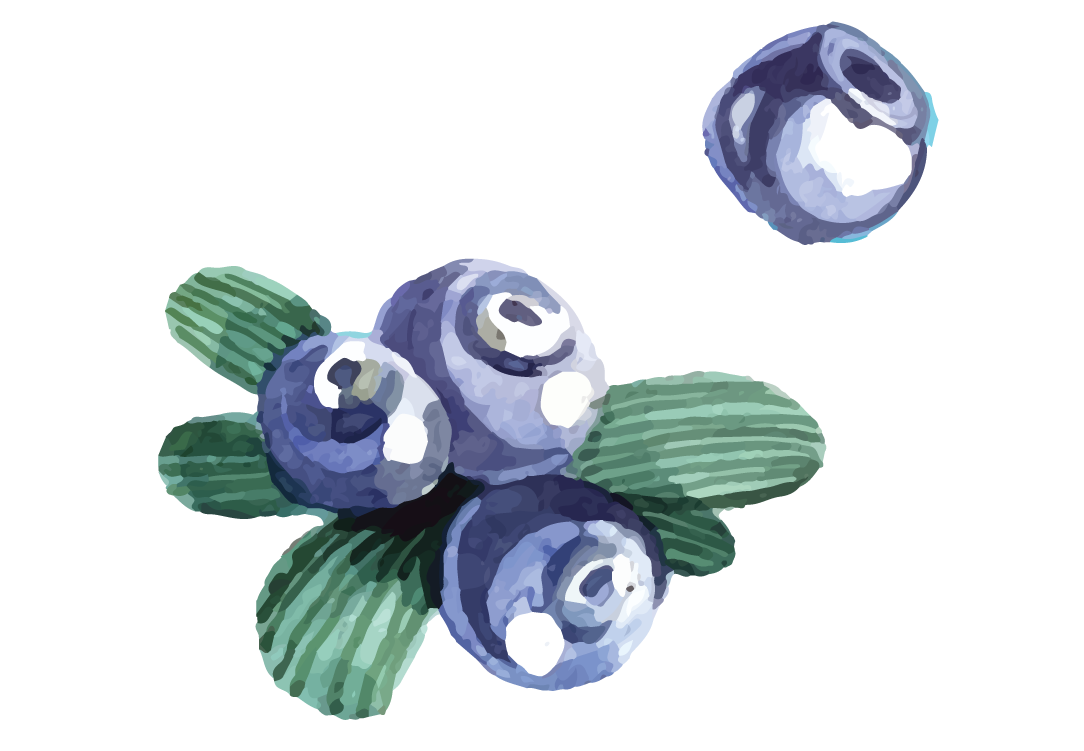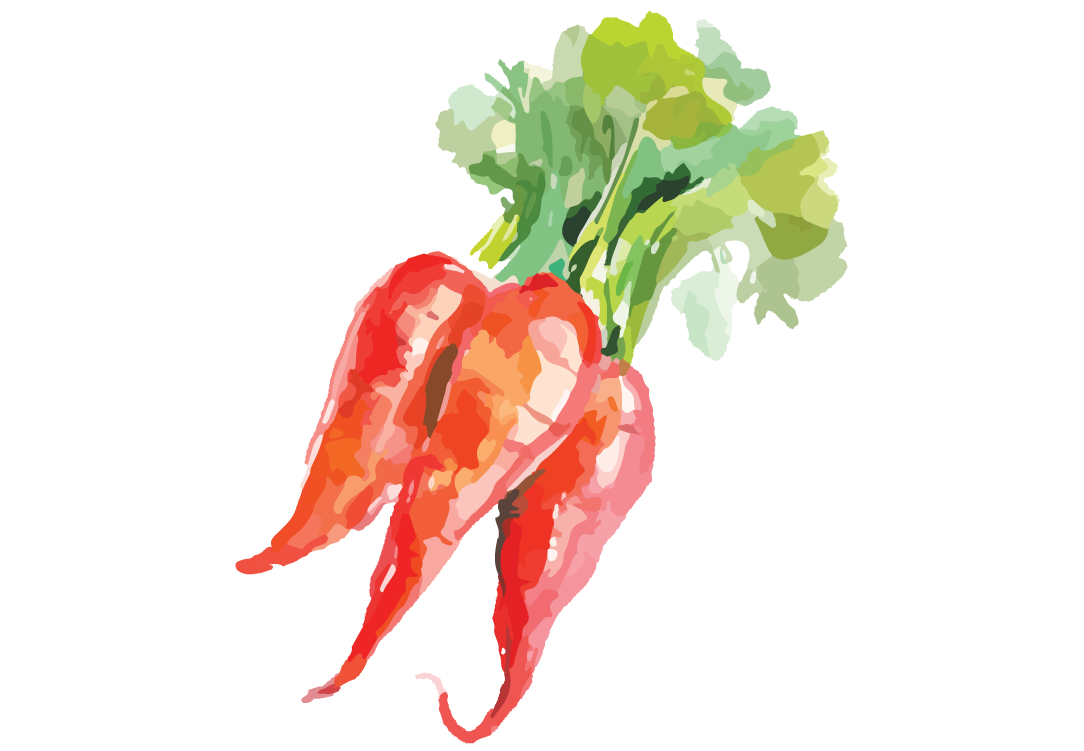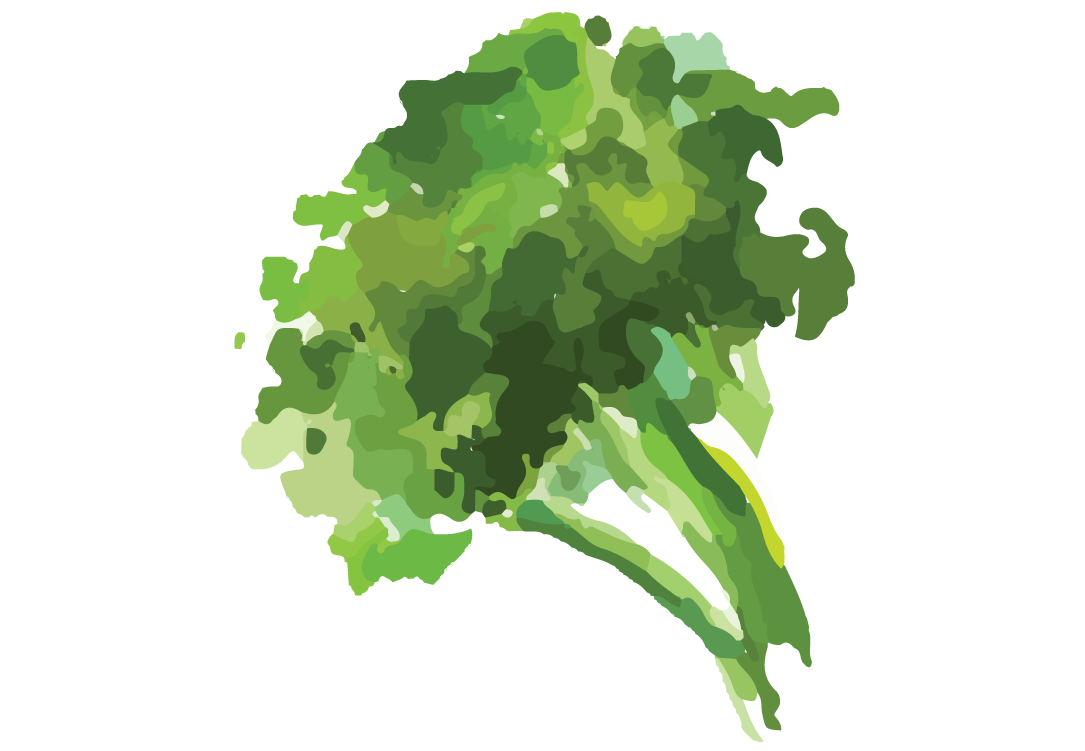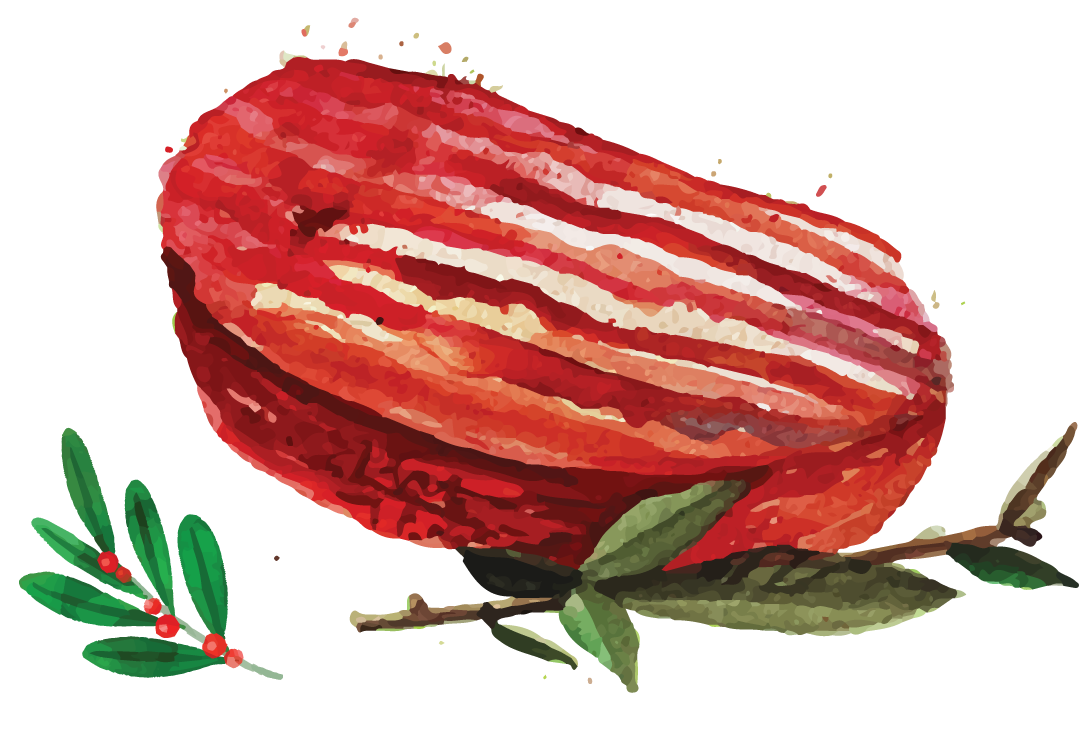Hydroponic gardening
Farm Pet Food's production complex in Estonia includes a state of the art hydroponic farming system which is set up inside of a shipping container. We are growing various salads and other plants for bunnies, rodents and reptiles. All of these plants are freshly available in our stores. Our in-store pets get to regularly taste them too! In this article we will explain what hydroponic farming actually is and what are the main benefits compared to regular farming. Be sure to check out our gallery below to get a better overview of the system!
Farm Pet Food's production complex in Estonia includes a state of the art hydroponic farming system which is set up inside of a shipping container. We are growing various salads and other plants for bunnies, rodents and reptiles. All of these plants are freshly available in our stores. Our in-store pets get to regularly taste them too! In this article we will explain what hydroponic farming actually is and what are the main benefits compared to regular farming. Be sure to check out our gallery below to get a better overview of the system!
Hydroponic farming is a method of growing plants in water, not in soil. It may sound like it would be a complicated process, but it’s actually quite straightforward. Consider what a plant needs to grow: water, nutrients, air, light, space, and time. Hydroponic growing is able to meet all of these conditions by providing the big three macronutrients, known as NPK, or nitrogen, phosphorus, and potassium, along with other essential nutrients such as magnesium and calcium.
Standard field farming practices have seen a lot of negative press, from concerns about intensifying climate change, releasing vast volumes of greenhouse gases, soil erosion to massive water consumption. The hydroponic farming industry solves many of these concerns.Firstly, hydroponic farming saves space. Plants that are planted in soil need to spread their roots and find the nutrients and water, which means they must be planted with a certain distance from each other. Using hydroponic farming, the nutrients and water are delivered right to the plants. Secondly, hydroponic farming uses about 10 times less water compared to regular farming because the water is delivered in a controlled way. Thirdly, hydroponic farming uses fewer chemicals, due to the fact that there is no risk of weeds or other pests as these gardens are often insides. Hydroponic gardening systems grow plants 30% to 50% faster compared to regular farming due to the fact that ideal conditions are created for the plants to thrive. One of the biggest benefits of hydroponic farming is also the fact that there is no soil erosion, just because hydroponic systems don't use soil at all.
Almost everything can be grown with hydroponic systems. But some plants grow much better in hydroponic environments than others. For container farms specifically, these types of vegetables make the most economic sense.
Here are a few examples of the best types of produce to grown in a hydroponic farm:
- Lettuces (e.g., (romaine, butterhead)
- Leafy Greens (e.g., spinach, kale, arugula)
- Asian greens (e.g., bok choy, win win choi)
- Herbs (e.g., mint, basil, cilantro)
- Microgreens (e.g., micro broccoli, red sorrel)
Latest in Media




Subscribe to our newsletter
We will keep you up to date with Farm Pet Food's news, products and how to best care your pets
General contacts
T: +372 520 6998
E: sales@farmpetfood.com



